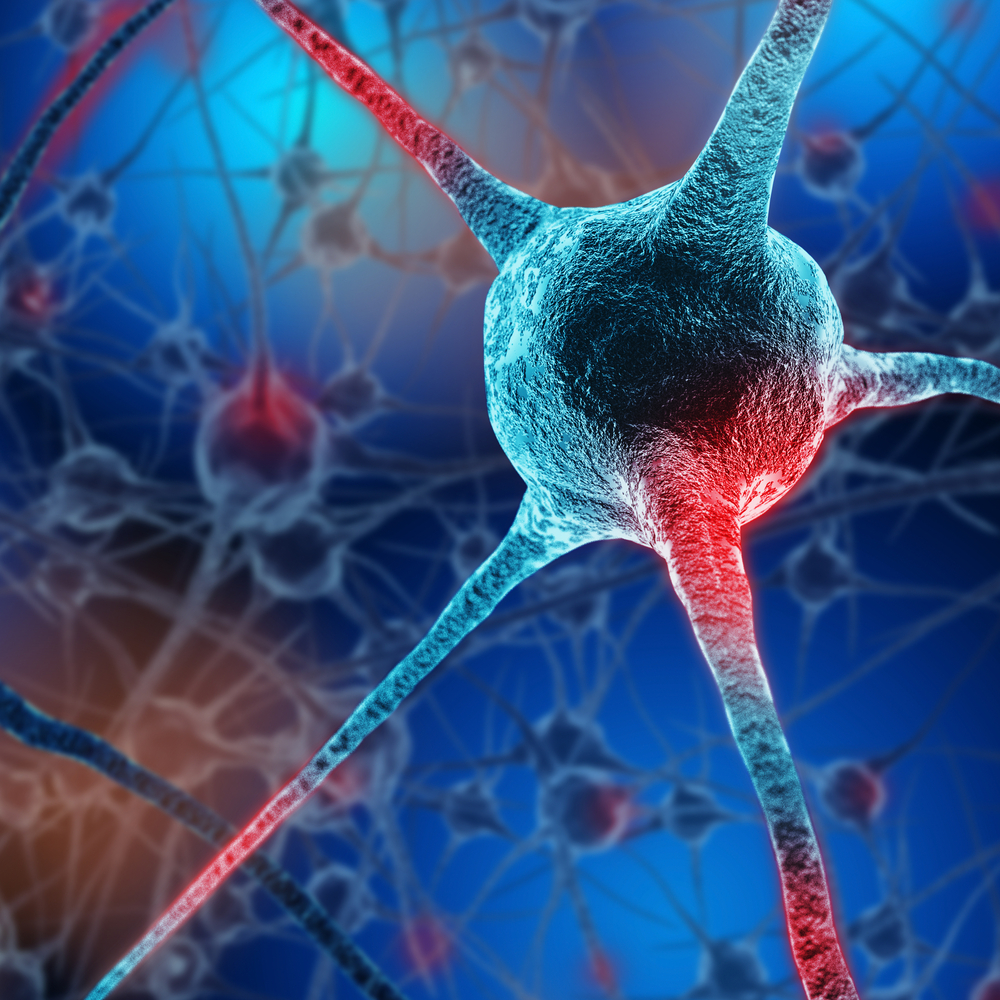Reducing HDAC3 Protein Levels Can Stop Cognitive Decline Associated with Huntington’s Disease, Study Says
Written by |

Therapies aimed at reducing the levels of a protein called HDAC3 may improve cognitive decline in Huntington’s disease, according to the results of a new study.
The study titled, “A selective inhibitor of histone deacetylase 3 prevents cognitive deficits and suppresses striatal CAG repeat expansions in Huntington’s disease mice,” was published in the journal Scientific Reports.
HDACs are a group of proteins that control and regulate the expression of other proteins in cells.
Previous studies have shown that HDAC3, a member of this protein family, is involved in the development of Huntington’s disease. HDAC3 decreases the expression of genes with crucial roles in cognitive health, contributes to the faulty expression of proteins that are linked to disease symptoms, and may promote disease progression.
This suggests that blocking HDAC3 activity may be a potential therapeutic mechanism to prevent neuronal loss and cognitive decline in Huntington’s disease.
“There is a gap in our understanding of potential benefits of HDAC3-selective inhibitors on cognitive functions, such as motor learning and long-term memory,” researchers wrote. “[Huntington’s disease] patients and mice show significant declines in cognitive function before onset of motor symptoms. Cognitive decline is a critical quality-of-life concern for [Huntington’s disease] patients and families.”
Using a mouse model of the disease, researchers tested the effect of RGFP966, an HDAC3-selective inhibitor. They found that chronic early treatment prevented long-term memory impairment and normalized specific memory-related gene expression in hippocampus, the brain region most associated with learning and memory.
Mice treated with RGFP966 showed improved motor learning deficits. This therapy also was associated with reduced activation and accumulation of faulty huntingtin (the hallmark of Huntington’s disease), which in turn improved neuronal health.
Together, these results show that inhibiting HDAC3 may provide several benefits to patients and prevent cognitive loss.
“This study shows that treating [Huntington’s disease] mice with an HDAC3-selective inhibitor provides multiple benefits,” researchers wrote. “This conclusion is important because the success of HDAC inhibitors (HDACi) as a therapeutic approach for [Huntington’s disease] depends on the identification of key HDACs as targets. Selectively inhibiting one or a few key HDACs could provide therapeutic relief while avoiding toxicity issues that were encountered with broad-based HDACi.”


